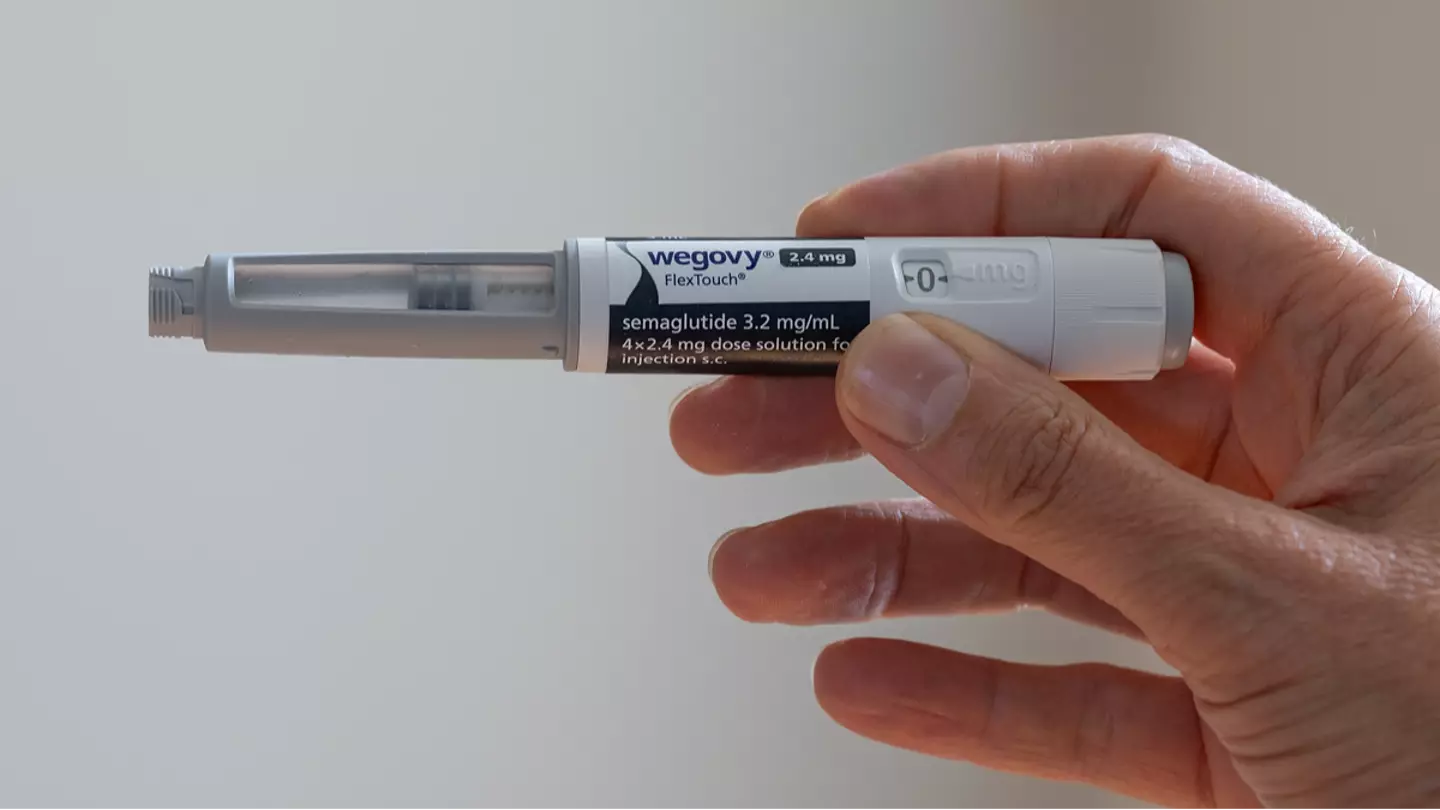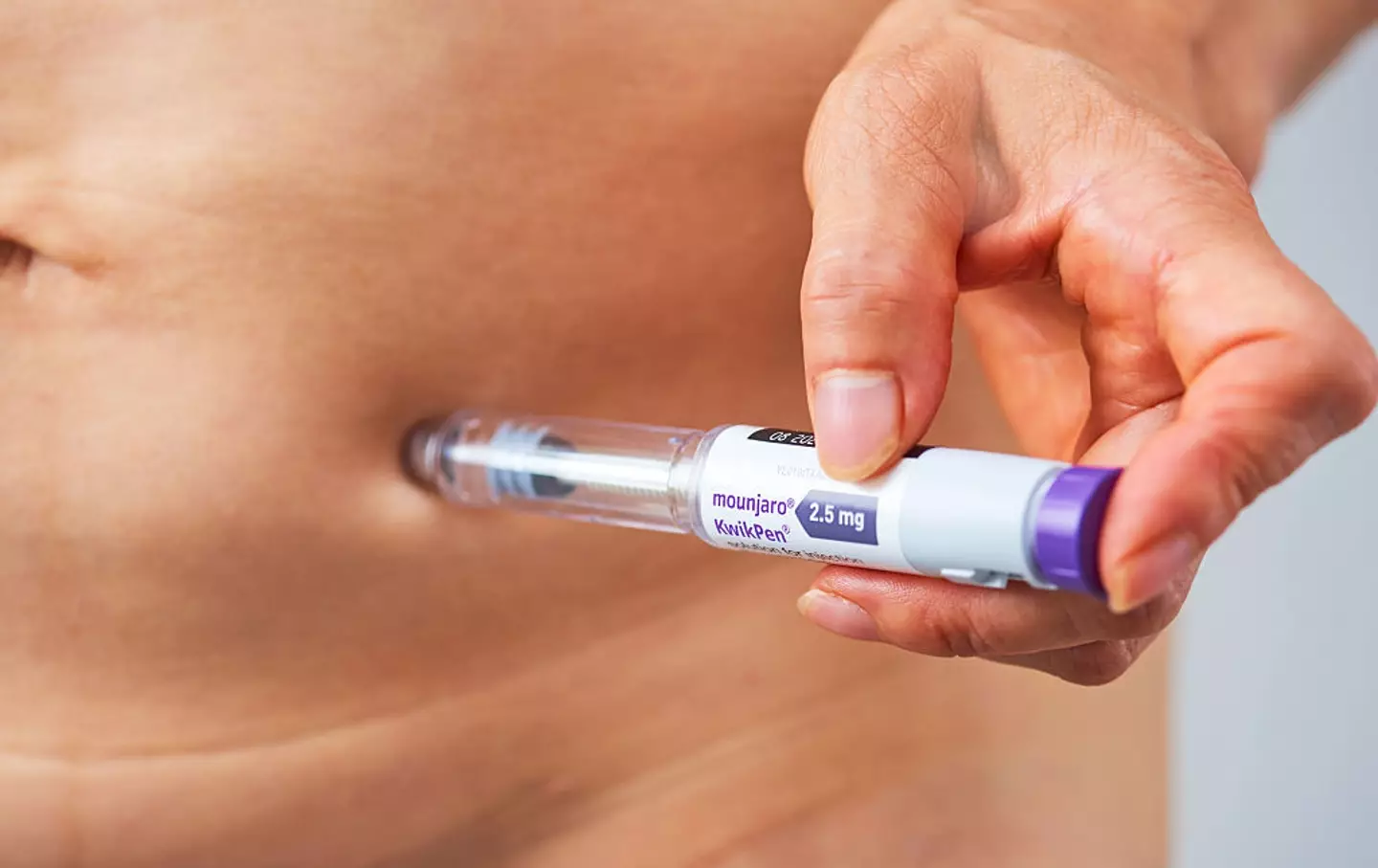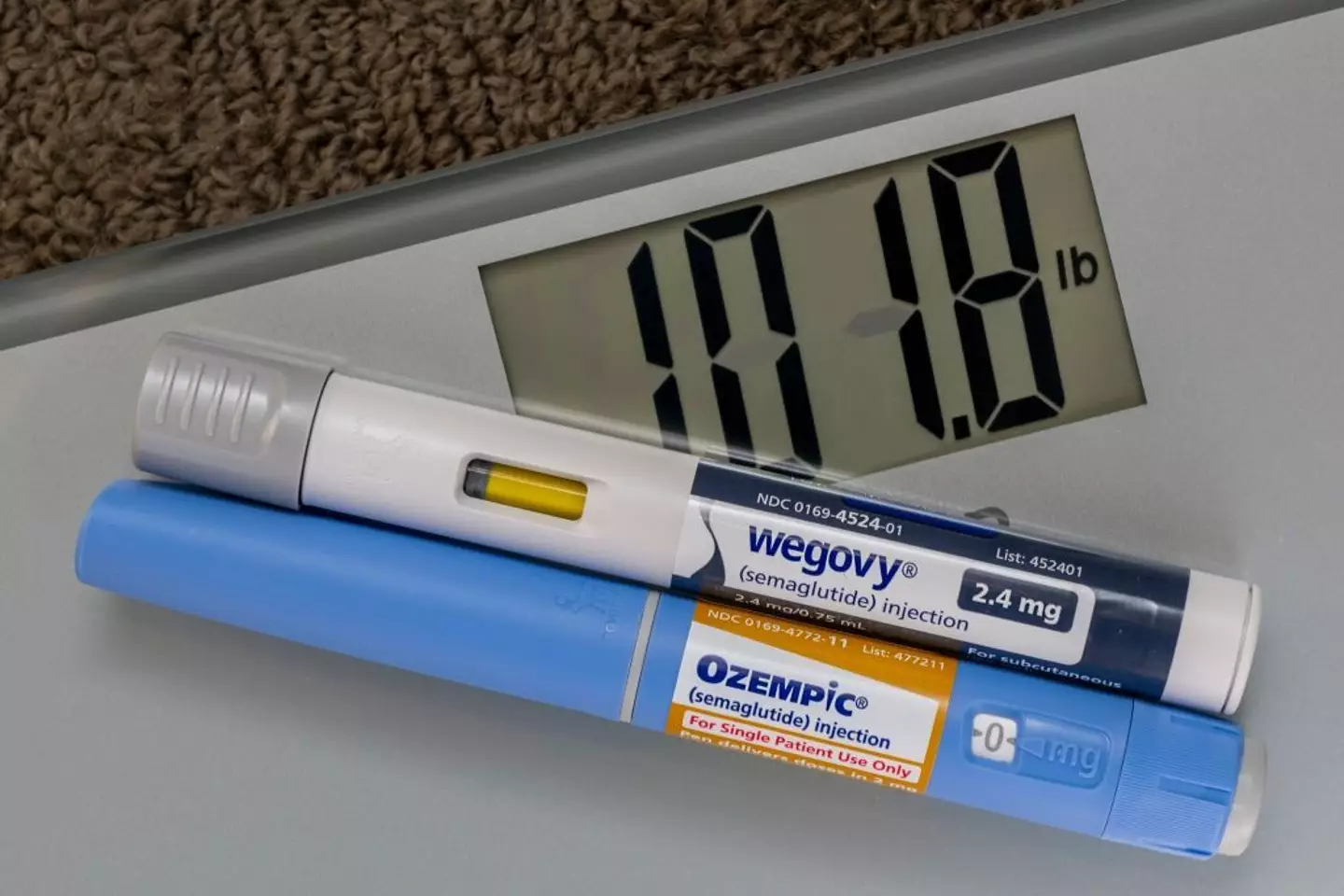
A study reveals potentially fatal side effects of GLP-1 drugs, that people are using to lose weight.
It’s well known that using GLP-1 drugs has proven to give out amazing weight loss results to many, but while beneficial to people who want to lose weight, the side effects vary greatly by severity.
From tooth decay to a saggy butt and hair loss, or an increased risk of thyroid cancer - sometimes it’s just not worth it.
There are also the more common gastrointestinal issues, which have led to some people cutting the drug out of their lives forever.
Advert
However, now a UK regulator has come out to expose potential deadly side effects of using the drugs.
The Medicines and Healthcare products Regulatory Agency’s Yellow Card scheme is the UK’s system for collecting reports of suspected side effects or negatives reactions to drugs.
Concerning GLP-1’s, it has received nearly 400 reports of serious pancreas trouble from UK users.

According to UK reports, there have been approximately 10 deaths linked to this condition thanks to the GLP‑1 drugs.
While pancreatitis is an uncommon reaction, the UK is still investigating it due to the risk of death.
As for who it can happen to, the MHRA told the Guardian: “Sometimes genes can influence the side‑effects an individual experiences when taking a medicine.
“Patient safety is Lilly’s top priority,” the company that makes Mounjaro told the Guardian in a statement.
A spokesperson told UNILAD that the MHRA is investigating the risk of acute pancreatitis (inflamed pancreas) from GLP-1 injections and whether or not it may be influenced by an individual’s genes.
Similarly, Novo Nordisk, which produces Ozempic and Wegovy, told the outlet: “We recommend that patients take these medications only for their approved indications and under the strict supervision of a healthcare professional, who can also advise on potential side effects.
“We continuously collect safety data on our marketed GLP-1 medicines and work closely with the authorities to ensure patient safety. The benefit-risk profile of our GLP-1 medicines remains positive, and we welcome any new research that will improve our understanding of treatments for people living with chronic diseases.”
A spokesperson for Lilly told UNILAD: "Patient safety is Lilly’s top priority. We take reports regarding patient safety seriously and actively monitor, evaluate, and report safety information for all our medicines. Adverse events should be reported under the MHRA’s Yellow Card scheme, but may be caused by other factors, including pre-existing conditions."

A case study that is being studied regarding pancreatitis describes a 36-year-old woman in the US who ‘developed acute pancreatitis within five weeks of exposure to semaglutide therapy'.
The paper also made reference to a ‘study involving 1,269 hospitalized cases of acute pancreatitis demonstrated that patients who were exposed to GLP-1 RAs within the last 30 days were over twice as likely to develop pancreatitis'.
In 2024, data found that there had been 6,751 reports of acute pancreatitis associated with GLP-1 drugs between the years of 2005 to 2023.
According to a 2025 study on the link, ‘although these drugs are effective in improving blood sugar control and cardiovascular health, their association with pancreatitis remains an area of concern'.
However, a 2024 study which aimed to prove whether it did in fact cause more acute pancreatitis (AP) cases claimed that there was no such link for the study authors.
It said: “This real-world study did not observe a higher frequency of AP with GLP-1RA exposure in adults with T2D and a prior history of AP regardless of etiology.”
The results of the MHRA investigation will come out in due course to provide clarity on the situation.
UNILAD reached out to Lilly and Novo Nordisk for comment.
